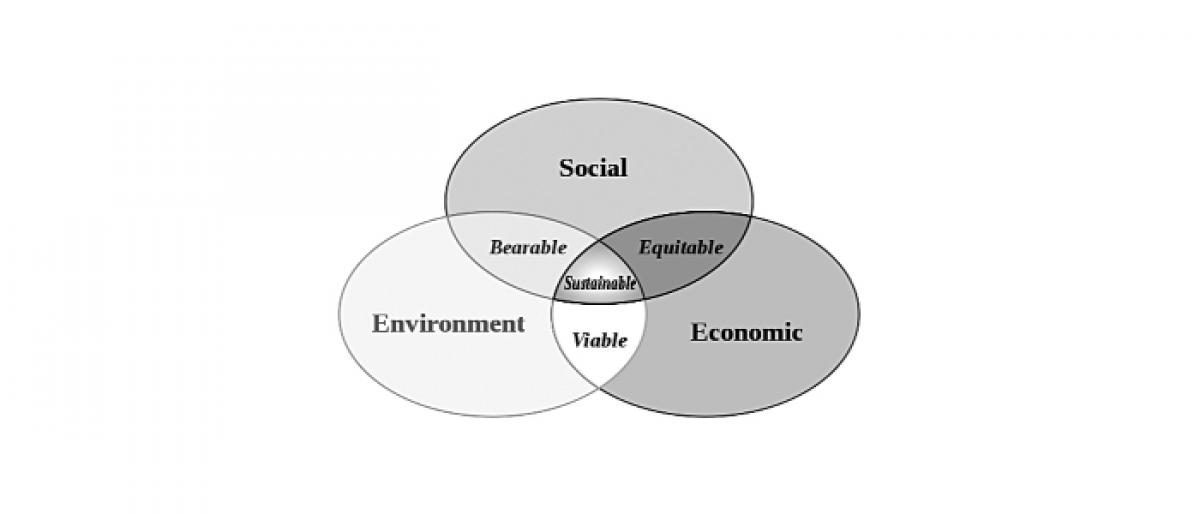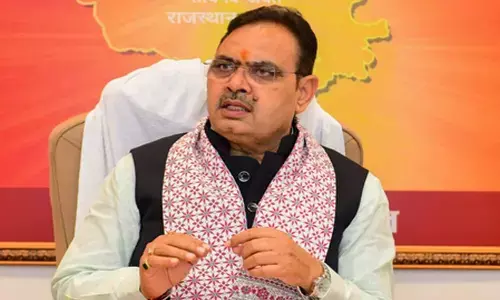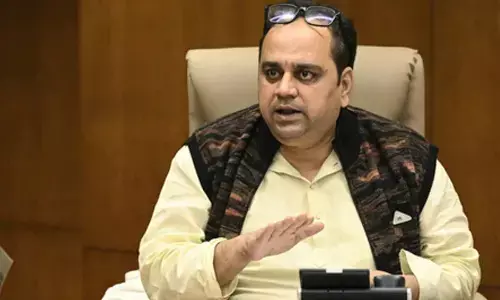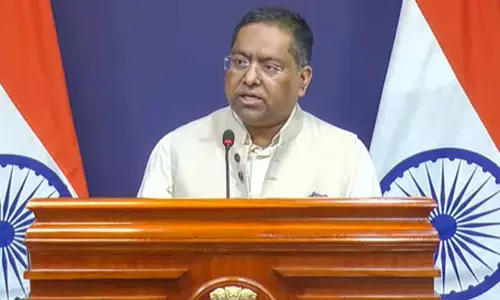The path to prosperity

Are most nations able to keep up economic progress while ensuring improved standards of living for their citizens? Or vice-versa? Are all productive nations prosperous? The answer is No.
Are most nations able to keep up economic progress while ensuring improved standards of living for their citizens? Or vice-versa? Are all productive nations prosperous? The answer is No.
Even an advanced nation such as the US, which ranks second in the Global Competitiveness Report 2017, gets no mention in the top 10 countries in terms of social progress. On the other hand, a nation with "very high social progress" such as Iceland, barely makes it to the top 20 competitive economies of the world. Even a booming economy like China, which is ranked high in terms of competitiveness, fails to assure that its citizens are also able to reap the fruits of increasing competitiveness.
The bitter truth is that most nations are unable to manage a balance between competitiveness and social progress – though both are essential to create a prosperous nation. Prosperity arises out of successful competitiveness, which is a combination of two key factors: Achievement of productivity and economic progress, which we call competitiveness; and secondly, ensuring that the benefits of the improved competitiveness percolates to the citizens, which we call social progress. Unless and until citizens reap the benefits of the higher productivity and improved competitiveness, the nation will not be able to become prosperous.
The question is: Where does India stand?
The World Bank recently predicted that India will be the fastest-growing economy in 2018-19 with a growth rate of 7.3 per cent, and there is hope is that it will only move upwards in the coming two years. And, currently, it stands at the 40th position globally in competitiveness. The Indian gross value added (GVA) has the largest contribution coming from the services sector, which has a sectoral GVA of 8.3, followed by GVA of 7.7 of industry, and 2.1 for agriculture and allied activities, based on the advanced estimates of 2017-18.
Can we assume that a flourishing economy will ensure a prosperous India? Not quite. Currently, India is at a poor social progress standing of 98th position globally, much behind Asian countries like Japan, and even South Asian neighbours like Sri Lanka and Nepal. It has an infant mortality rate of 37 per 1,000 live births, and 21.92 per cent of the population continues to remain below the poverty level. Even though there remains a positive relationship between competitiveness and social progress, India needs to deal with the pinching issues of poor standards of living for its citizens.
As Michael Porter says, "building prosperity is a marathon," wherein it takes long to raise competitiveness levels and even longer to ensure the benefits of the increased productivity reach citizens. No doubt India is facing an uphill task. Then, how do we make a prosperous nation? India is showing potential of increased competitiveness lately, but the key to prosperity lies not just in economic progress, but in sustenance of the same, complemented by an increased standard of living for the citizens.
On one hand, India needs pick up pace at being an innovative economy, and let innovation and clusters drive it to a point of sustainable economic progress. Currently, online application for patents and trademarks has increased by 90 per cent and 80 per cent, respectively.
The wheels of progress are already in motion for clusters as conducive environments are being created for the IT sector, especially in Bengaluru. There are also talks about creating favourable business environment to create Artificial Intelligence clusters in Maharashtra and cyber-security clusters in Hyderabad. The fusion of two growth-enabling factors is going to make India a sustainable competitive economy.
Sustainable economic progress and robust social progress go hand-in-hand, and India can create this prosperity by learning from the best, especially Nordic countries like Switzerland and Sweden. These nations are among the few that ace the game in social as well as economic progress, as their relative standing remains in the top 10 for both. Creation of an innovative economy has also allowed these nations to reap the joys of being prosperous nations.
The pathway to prosperity lies in India's capacity to reach higher economic progress, sustain it and ensure higher standards of living of its citizens, wherein the driving force must be innovation. So, the need of the hour is to create an innovation-economy which drives the economy and reaches the citizens of the country!
By: Amit Kapoor
Woman injured in stabbing attack in Tokyo, suspect at large
Bengal cop booked for murder over mysterious death of woman home guard, SIT to probe case
Staffer recalls horror of 7-kg gold robbery by armed gang in Karnataka’s Hunsur
25-Year-Old Airline Cabin Crew Member Dies At Gurugram Party; Police Begin Investigation















